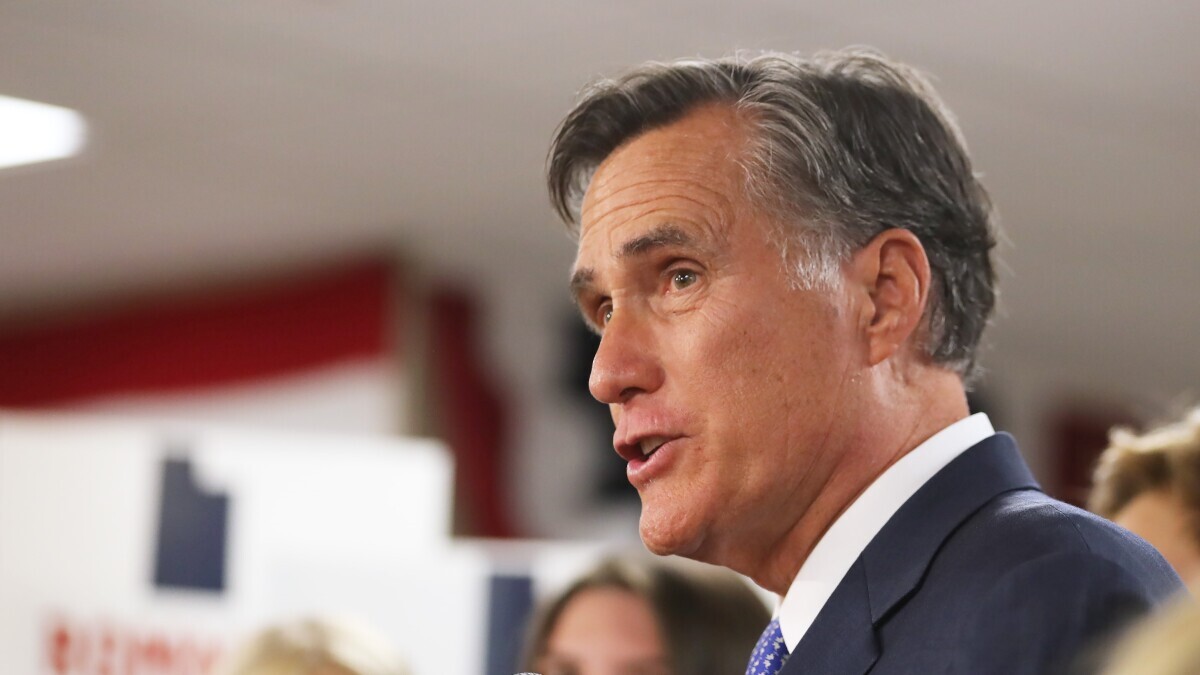On Wednesday, Utah Senator Mitt Romney declared that he will not seek reelection in 2024. While the immediate electoral impact of Romney’s decision appears to be minimal, with the Republican stronghold expected to retain the seat, it carries significance as the departure of one of the few remaining Republican senators known for a moderate voting record and opposition to former President Donald Trump.
Romney’s political journey saw him transition to the Senate after a successful business career, co-founding Bain Capital and serving as the governor of Massachusetts.
Despite being the Republican nominee for president in 2012, he faced a changing party landscape post-2016, marked by a shift towards Trump’s populist approach. In 2018, Romney, with a more moderate stance, defied the trend of departing anti-Trump Republicans and secured a Senate seat in Utah.

Throughout his Senate tenure, Romney stood out for his vocal opposition to Trump’s leadership, evident in his votes during both impeachment trials. His moderate voting record, reflected in his DW-NOMINATE score, showcased a departure from the right wing of the Republican party.
With Romney’s exit, both anti-Trump Republicans and ideological moderates face a dwindling presence in the Senate. The number of Republicans who voted against Trump in impeachment proceedings has significantly decreased, leaving only a handful in Congress. Similarly, senators with DW-NOMINATE scores below 0.300 are at their lowest point in at least four decades.
Romney’s retirement might be linked to his relative unpopularity among Utah’s Republican voters, as indicated by an August poll where only 56 percent approved of his job performance. This contrasts with the significantly higher favorability ratings Trump enjoys among national Republicans.
The decision not to seek reelection could also be influenced by the potential challenge Romney faced in the Republican primary, as reflected in the poll’s hypothetical matchup. Although his approval among Republicans increased over time, the path to renomination might have been uncertain.
Looking ahead, the vacancy in Utah’s Senate seat is not expected to lead to a competitive general election, given the state’s historical Republican leanings. Instead, the focus will be on the Republican primary in June 2024. The field of candidates, including State House Speaker Brad Wilson and Riverton Mayor Trent Staggs, indicates a more conservative and pro-Trump tilt, in contrast to Romney’s more moderate stance.
While there is still time for a candidate with Romney-like characteristics to emerge, none currently possess the same level of name recognition or financial advantage. Romney’s retirement underscores a challenging period for Republicans who are uneasy with the evolving dynamics within their party.

